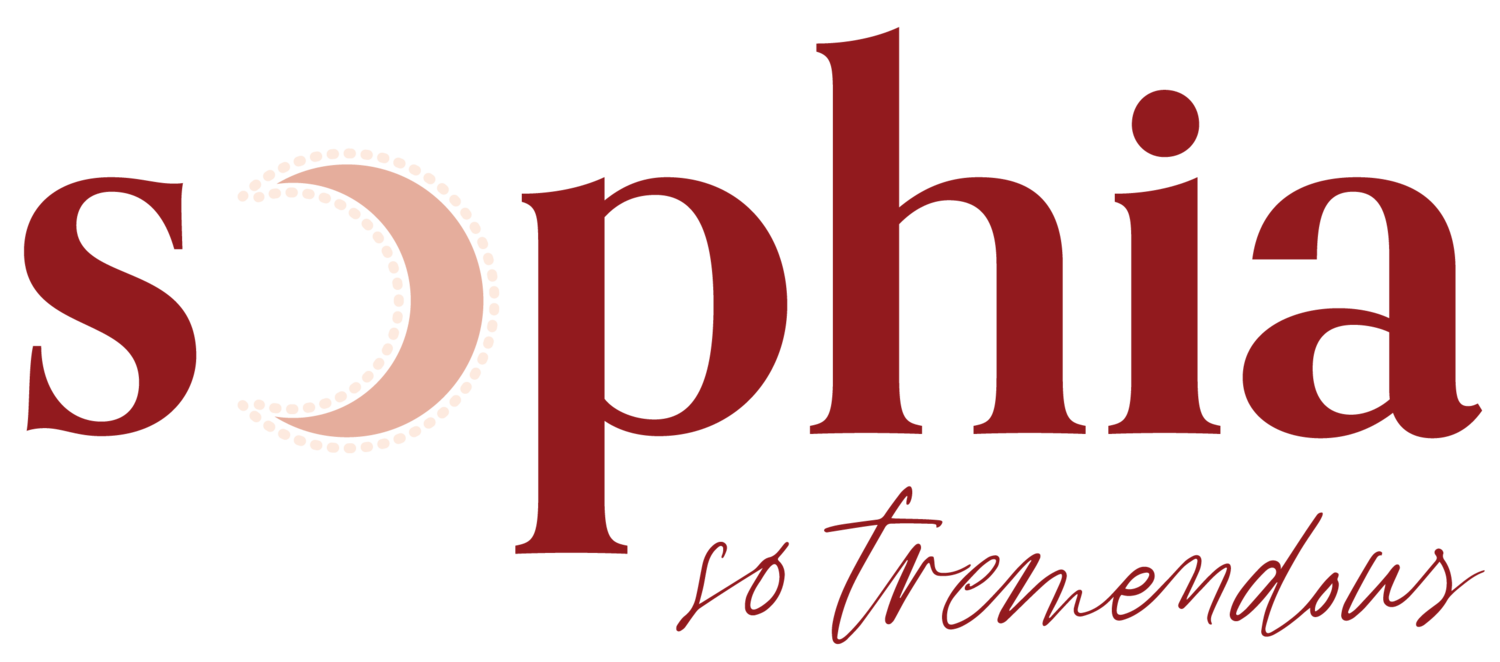Welcome. My name is Sophia Tremenheere, and I am a Student Functional Nutritional Therapy Practitioner (FNTP) based in Sydney, NSW.
Through my own health journey, I’m passionate about supporting women and menstruators to reconnect with their bodies to achieve healthy periods and menstrual cycles.
As a student FTNP, my approach is grounded in balancing the core principles of functional nutrition for individual clients.
When you’re deficient in nutrients, your body begins to give you signals - or more specifically your cells. They go on a downward spiral, impacting the rest of your body systems and their effectiveness to perform their function, which can then manifest within the body as disease (Nutritional Therapy Association (NTA), n.d.). Perhaps it’s bloating, period cramps, PMS or Polycystic Ovarian Syndrome.
This is why building body awareness is an important part of my work.
So often we ignore the cues - feelings, sensations, even cravings - that are the body’s way of communicating its needs to you.
I support clients to tune into these messages and the innate body wisdom (NTA, 2020), the body’s natural intelligence, which often holds the answers. The process is not about ‘fixing’ anything and only addressing the symptoms and isolated systems, but returning to a place of wholeness (NTA, 2020).
My goal is to empower you with a lifetime skill. To create confidence and a deep understanding of how personalised nutrition and lifestyle habits can affect your health and wellbeing, rather than a rigid and ‘one-size-fits-all’ plan (NTA, 2020, 2021).
In today’s world, there’s a lot of noise and conflicting information around what foods are “good” or “bad” - and the latest fad diets (Le, 2016).
Together, we cut through the confusion and return to the basics educating you on things such as:
how to source the highest quality ingredients available to you; (NTA, 2021)
how to properly prepare food to maximise nutrient density and absorption; and
how to eat in a way that nourishes both the body and mind. (NTA, n.d.)
Alongside providing you the tools to build long and short term strategies, we also make sure you are well equipped with culinary skills.
Today’s modern life is built around ‘convenience’, designed to give us back time. But what is the trade off?
Dissatisfaction and disconnection from your body and food (NTA, 2020)
Deficiencies nutritionally and discomfort
Dysfunction and disease
Together, we discover how food can nourish you and your hormones on and off the plate.
From drawing upon cultural traditions, where food is celebratory, something to be shared, not feared socially (Lipa, 2021); to ancestral food practices and techniques, such as cultivating gratitude in the preparation and experience of food (NTA, 2021).
It’s important to know, I work with you to meet you exactly where you are; going at your pace or making adjustments along the way. My priority is creating long, lasting habits to help you thrive.
Reference
Lee, S (2016). 100 Million Years of Food: What Our Ancestors Ate and Why It Matters Today. St Martin’s Press.
Jahan, L (2021) Bangladeshi Rice Culture, Digest: A Journal of Foodways & Culture 8:1/2
Nutritional Therapy Association (n.d.). Scope of Practice and Code of Ethics. Nutritional Therapy Association. Evolution of the Modern Diet Student Guide [PDF document].
Nutritional Therapy Association (2020). Cellular Downward Spiral. Nutritional Therapy Association [PDF document].
Nutritional Therapy Association (2020). Introduction to Anatomy and Physiology. Nutritional Therapy Association Student Guide [PDF document].
Nutritional Therapy Association (2021). Basics of Nutrition. Nutritional Therapy Association Student Guide [PDF document].
Nutritional Therapy Association (2021). Culinary Wellness. Nutritional Therapy Association Student Guide [PDF document].



